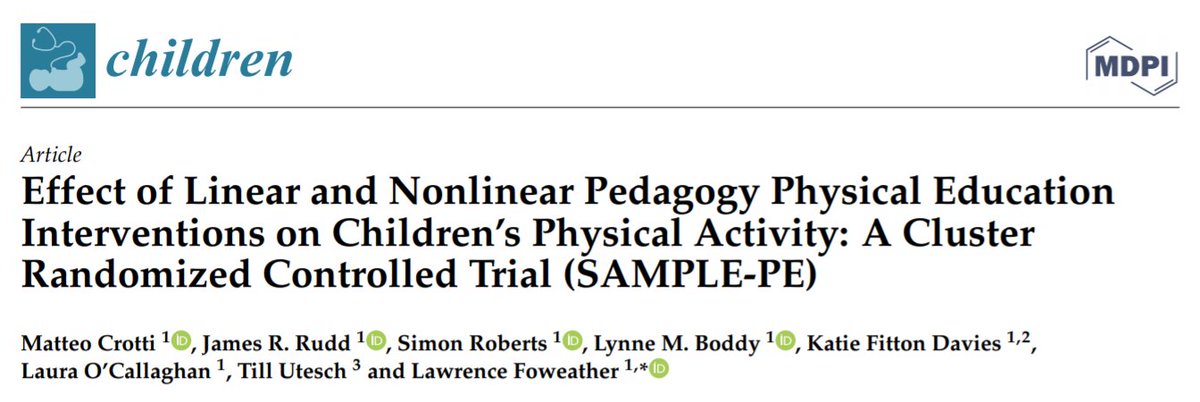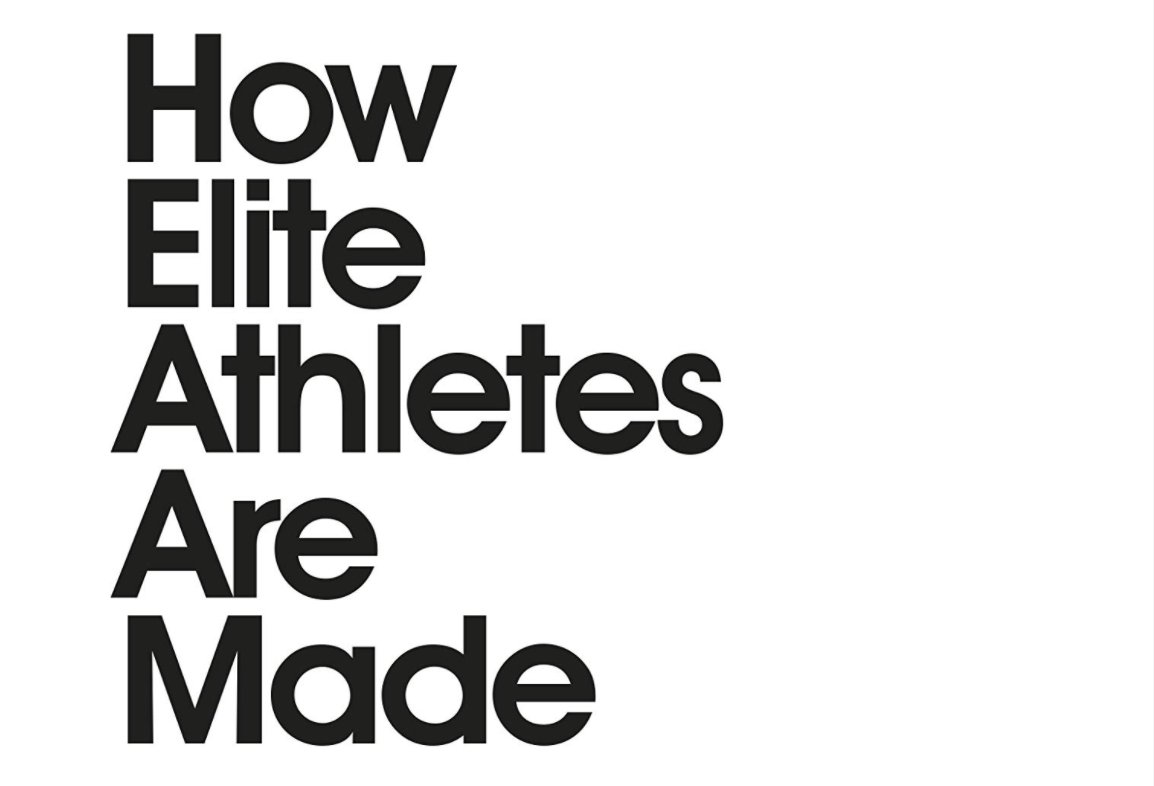
@sonjabl Do leaders *really* need introducing to complexity? Or do we just need to support sense-making in ways which keep attention focused on possibilities inherent in any given situation? How do we help leader keep attention on the territory rather than the map? singleblade.co.uk/2020/08/03/nav… 

@sonjabl Gain traction by focusing on the temptations which can lead us away from the territory. Highlight the bewitching allure of playing safe, of control-freakery & of certainty merchants. Develop wariness of efforts to escape everyday messiness 👇 #BecauseHuman
spark.adobe.com/page/uxSfdpLhJ…
spark.adobe.com/page/uxSfdpLhJ…
@sonjabl Ultimately, we want communities which are better attuned to how immersed we are within complexity - so make anthro-complexity tools (e.g. Sensemaker, Trios) the *norm* for *everyone* - even in non-critical areas - establish expectations such that even school pupils can challenge!
• • •
Missing some Tweet in this thread? You can try to
force a refresh










